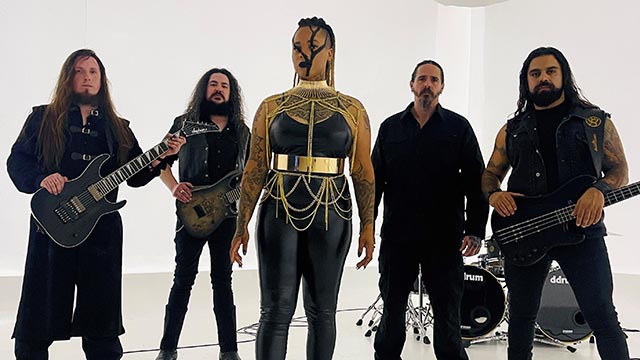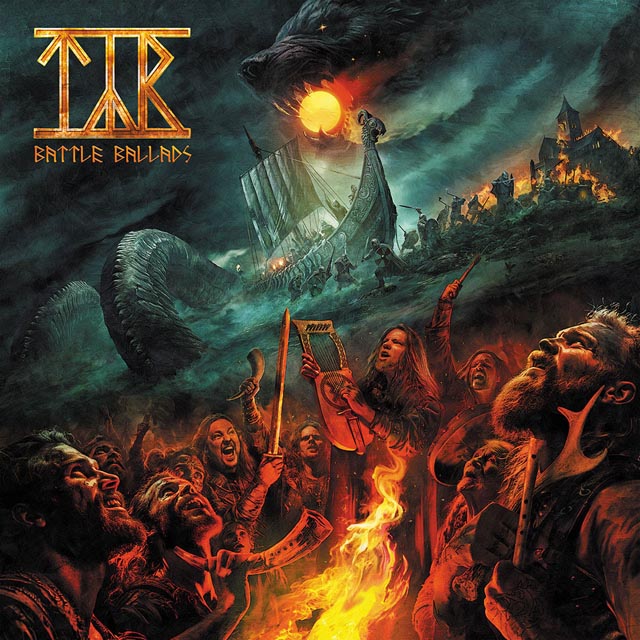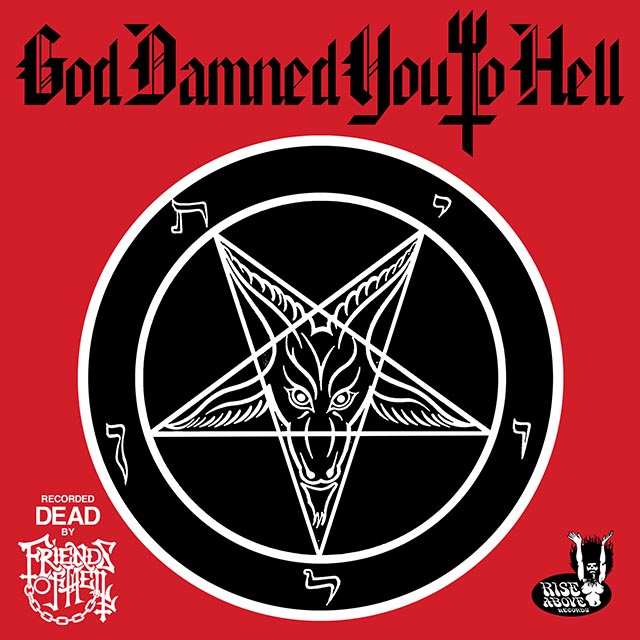
It looks as if former Slipknot member Chris Fehn’s lawsuit against his former bandmates might be coming to an end fairly soon.
On Thursday (9/24), Metal Sucks reported on a couple of updates to the case stemming from newly obtained court documents dated June 18. Most notably, the documents, signed by Justice Melissa Anne Crane, order the case to be referred to a moderator, meaning that the two parties will work out a settlement rather than fight it out in court. Said Justice Crane in the document,
“This case having come before the court on May 15, 2020, and the court having determined that it is appropriate and the parties would benefit from an opportunity to participate in mediation, the parties and counsel are directed to appear for mediation and therefore, it is ORDERED, that the matter is hereby referred to Deborah Edelman, Esq, Special Referee, of New York County Supreme Court (“Mediator”), and it is further ORDERED, that counsel are directed to contact Ms. Edelman either via [email] or [phone] within three business days of the date of this order.”
In another update to the case, motion six has been dismissed entirely. The motion claimed that there was an implied equal partnership contract between the members of the band, as well as sought remuneration for “unjust enrichment” some members received through side businesses created in the Slipknot name.
Wrote Justice Crane in the dismissal,
“The court dismisses the claim for breach of implied in fact contract. To plead a claim for implied in fact contract, a plaintiff must plead the essential terms of a contract: offer, acceptance and consideration (see Lapine v Seinfeld, 31 Misc3d 736, 741 [Sup. Ct. New York County 2011]). Here, the allegations supporting implied in fact contract are wholly conclusory. Plaintiff fails to plead any essential term of the contract, any specific provisions breached or any rate of compensation.”
“In addition, the court dismisses the unjust enrichment claim, because plaintiff fails to plead how the New York defendants were enriched at plaintiff’s expense. Moreover, all plaintiff claims is that “Crahan, as an agent of the corporate Defendants, requested Fehn perform a variety of services for the partnership and for each of the respective corporate entities.” This begs the question what those services were. Certainly, the services plaintiff provided are within plaintiff’s purview. Accordingly, the court dismisses counts II and III of the complaint without prejudice to re-pleading.”
Slipknot and their business entities tried to get motions five and six dismissed back in January, but to no avail. At the time, Justice Crane called Fehn’s claims in motion six “a valid theory in the alternative” and needed “to see it [further].”
Fehn first filed his lawsuit in March 2019 against Slipknot members Michael Shawn “Clown” Crahan and Corey Taylor, former manager Rob Shore, his company Rob Shore and Associates and several of Slipknot’s business entities (including Slipknot Incorporated, Knot Merch LLC, SK Productions, LLC, SK Touring, Inc. and Knot Touring LLC). The case claimed that he was not getting an equal share of the band’s earnings and that there were extra business entities created under the band’s name without his knowledge that only benefited Crahan and Taylor. Fehn’s lawsuit sought to investigate these accounts and to get his “rightful compensation.” His case against Shore was later dismissed, though the case against his company was allowed to continue.
A teleconference between the two parties and Justice Crane is set for October 29. However, once the case is in mediation, the settlement information will no longer be public record.
Slipknot released their latest album, We Are Not Your Kind, in 2019.







